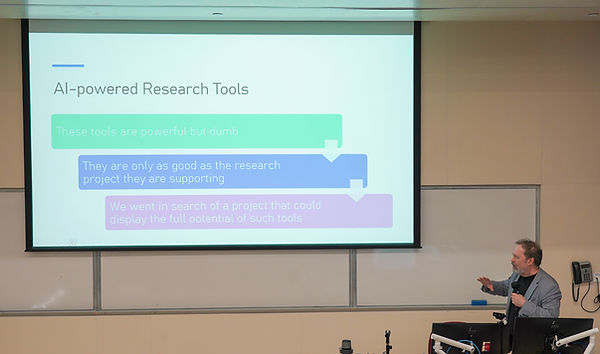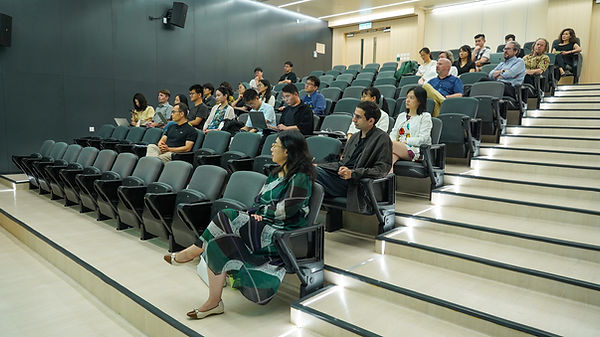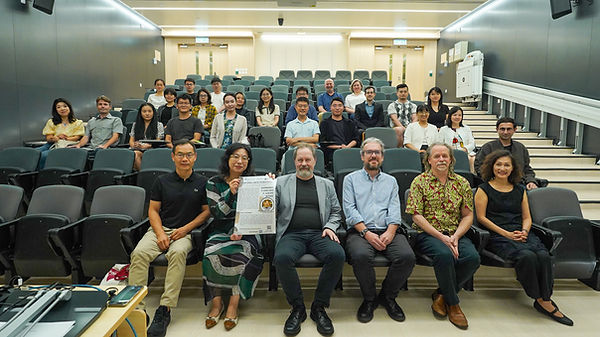

Brian James Baer
Kent State University
Brian James Baer is Professor of Russian and Translation Studies at Kent State University. He is founding editor of the journal Translation and Interpreting Studies, and co-editor of the Bloomsbury book series Literatures, Cultures, Translation, with Michelle Woods, and of the Routledge book series Translation Studies in Translation, with Yifan Zhu. He publishes widely on translation history, translation pedagogy and translation theory. His most recent publications include the monographs Translation and the Making of Modern Russian Literature and Queer Theory and Translation Studies: Language, Politics, Desire; the collected volumes Researching Translation and Interpreting, with Claudia Angelelli (2015), Translation in Russian Contexts, with Susanna Witt (2018), and Queering Translation, Translating the Queer, with Klaus Kaindl (2018); and the translations Culture, Memory and History: Essays in Cultural Semiotics, by Juri Lotman, and Introduction to Translation Theory, by Andrei Fedorov. He is current president of the American Translation and Interpreting Studies Association and sits on the international advisory board of the Mona Baker Centre for Translation Studies at Shanghai International Studies University.
Abstract
From Small Data to Big Data: Introducing an AI-powered Corpus Construction and Analysis Tool for Translation Studies
This paper introduces a small-scale study of book reviews of translated works in the New York Times for the years 1900, 1950, and 2000. While the study produced intriguing results, the size of the study was limited by the laborious nature of data collection—as the reviews in the New York Times Historical Database were photocopies before 1995, requiring manual analysis and extraction of relevant data. The second part of the paper introduces how this study was transformed by using a new AI-powered corpus construction and analysis tool for Translation Studies, named TransCorpora. While the tool greatly expands the data set and facilitates data analysis, the conclusion discusses whether the new data alter in any significant ways the initial findings.
.jpg)




.jpg)